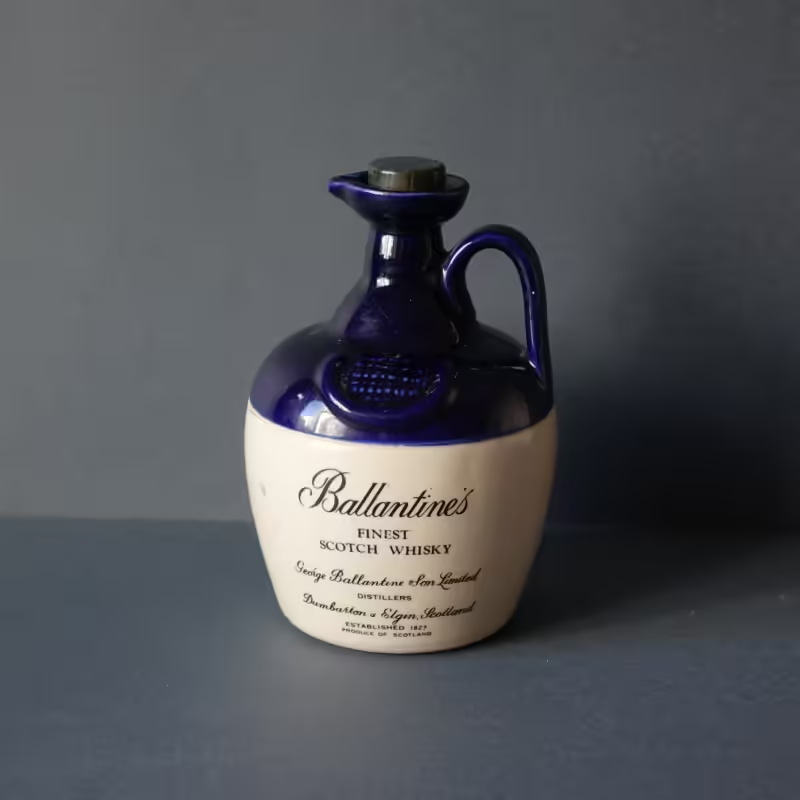Welcome to Whiskeyland LLC! Whether you’re new to collecting or a seasoned enthusiast, the world of vintage whiskey offers a rewarding journey full of history, craftsmanship, and rare treasures. In this guide, we’ll take you through the essentials of collecting vintage whiskey, from selecting bottles to building a collection that reflects both value and passion.
Why Collect Vintage Whiskey?
Vintage whiskey isn’t just a drink—it’s a piece of history in a bottle. Each vintage whiskey is a snapshot of a specific time and place, often tied to a unique distillation method, barrel aging, or limited production run. Collecting vintage whiskey gives enthusiasts a chance to savor and preserve these extraordinary pieces of whiskey heritage.
There are several reasons people collect vintage whiskey:
- Appreciation of Craftsmanship: Vintage whiskey represents craftsmanship at its finest, with many bottles aged for decades or made using traditional methods no longer in use.
- Investment Opportunity: Like fine art or wine, rare whiskey can appreciate in value, making it a valuable addition to any collection.
- Exclusivity: Owning a bottle of vintage whiskey means possessing something that few others have, especially if the bottle is a limited edition or from a distillery that no longer exists.
What to Look for in a Vintage Whiskey
When building your collection, knowing what to look for in a bottle is essential. Here are the key factors to consider:
- Age and Distillery: The age of a whiskey and its distillery of origin play a significant role in its value. Whiskeys from iconic, historic distilleries (such as Macallan, Glenfiddich, or rare Japanese distilleries) are particularly prized.
- Rarity: Bottles that are no longer in production, limited releases, or discontinued lines are ideal for collectors. These whiskeys often gain value over time due to their scarcity.
- Condition: The condition of the bottle is critical. Look for bottles with intact labels, original packaging, and a properly sealed cork or cap. Damage can significantly affect a bottle’s value.
- Provenance: Knowing the history of the bottle is important. If possible, acquire whiskeys with detailed information about their origin, age, and any awards or recognitions they may have received.
- Taste Profile: While many collectors focus on rarity, don’t overlook the whiskey’s taste profile. Collect bottles you’d enjoy drinking if you choose to open them, rather than just for resale value.

How to Start Your Collection
- Start Small, but Smart: You don’t need to dive into the most expensive bottles immediately. Begin by collecting whiskeys that fit within your budget, focusing on limited releases or discontinued labels that may increase in value over time.
- Research, Research, Research: Stay informed by reading about different distilleries, whiskey types, and industry trends. Whiskey auction sites, enthusiast blogs, and industry publications can be great resources for understanding what bottles are rising in demand.
- Focus on a Niche: Some collectors specialize in specific categories, such as Scotch, Bourbon, or Japanese whiskey. You could also focus on collecting whiskeys from a particular era, region, or distillery, allowing your collection to develop a distinct identity.
- Network with Fellow Collectors: Join whiskey forums, attend whiskey events, or connect with other collectors online. Not only can you learn valuable insights, but you’ll also get tips on upcoming releases and where to find rare bottles.
- Buy from Trusted Sources: Whether purchasing from an online retailer like Whiskeyland LLC, auctions, or directly from distilleries, it’s crucial to buy from trusted and reputable sources to ensure authenticity.
Caring for Your Vintage Whiskey Collection
Once you’ve started building your collection, proper care and storage are essential to maintain its value.
- Store Bottles Upright: Unlike wine, whiskey should always be stored upright to keep the cork from coming into prolonged contact with the alcohol, which can degrade the seal.
- Temperature and Light: Keep bottles in a cool, dark place. Excessive heat or light exposure can damage both the whiskey and its packaging. Ideally, maintain a consistent temperature around 15-20°C (59-68°F).
- Humidity Control: While not as crucial as temperature, moderate humidity levels can prevent the cork from drying out. Consider storing bottles in an environment with 50-70% humidity.
- Display Thoughtfully: If displaying your collection, be mindful of UV exposure. Many collectors store bottles in cabinets with UV-resistant glass or use closed shelves to protect their investment.

Investment or Enjoyment?
One of the most exciting aspects of collecting vintage whiskey is deciding whether to hold onto a bottle as an investment or eventually enjoy it. Some collectors prefer to keep their bottles sealed, allowing them to appreciate in value. Others find joy in sharing rare bottles with friends and family during special occasions.
If you choose to drink your vintage whiskey, be sure to savor the moment! Enjoying the nuanced flavors of a whiskey that has been maturing for decades is an unparalleled experience.
The Future of Your Collection
Building a vintage whiskey collection is a journey, not a race. Over time, your collection will evolve and reflect your personal preferences, experiences, and the trends of the whiskey market. Be patient and enjoy the process—whether you’re in it for investment purposes or the pure love of the spirit.
At Whiskeyland LLC, we’re passionate about helping collectors of all levels find the perfect vintage whiskeys to add to their collection. Browse our selection of rare and limited-edition bottles to start your whiskey journey today!
Explore our exclusive collection at Whiskeyland LLC and join the world of vintage whiskey collectors!
